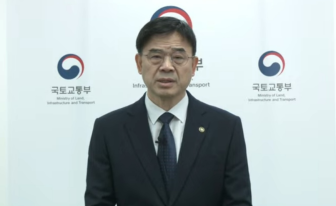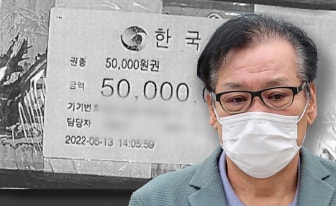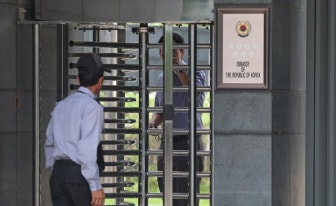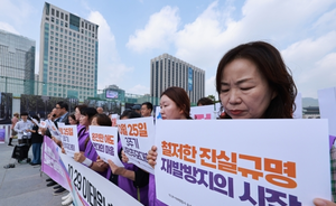Three Korean men in their 20s and 30s will go behind bars for participating in a romance scam ring in Sihanoukville, Cambodia, acting as lurers to deceive victims.
The Busan District Court sentenced the three men — two in their 30s and one in their 20s — to three years in prison each. The three were indicted on charges of joining a criminal organization and committing fraud.
According to the verdict, from November last year to February this year, the defendants joined a romance scam ring based in Sihanoukville and acted as lurers. They posed as women and approached male victims through messaging apps like Telegram, pretending to be managers at a fictional agency called “Girlfriend” that supposedly offered paid dating services.
The men tricked the victims into signing up for a fake website and collected money under the pretense of membership and verification fees. A total of 11 victims were defrauded in 145 transactions, with 567.9 million won ($400,000) wired to the criminal organization.
The defendants claimed they were deceived into traveling to Cambodia with promises of making large sums of money. Once there, they were taught scam techniques by the group.
The organization was structured under a Chinese ringleader, with members divided into roles, including management, luring, recruiting bank accounts and withdrawing funds. Lurers had to check in with apartment security guards when leaving the premises and used aliases to avoid detection. Work hours ran from 12:30 p.m. to 3 a.m., and fines were imposed for tardiness or conflicts.
Members were fined $20,000 and charged a so-called gaebasi fee — an underworld slang meaning the cost of setting up scam software — if they wanted to quit within three months. Early leavers were also forced to wipe their phones, and the fees were transferred to their team members.
The defendants argued they were coerced into joining the group and had no intention of committing crimes. However, the court rejected the defense. The court stated that the men had access to their phones and the internet outside of working hours, and that the office had guards but no conditions that made escape impossible due to violence or threats.
“After working for three months, they could leave without penalty, and even early withdrawal was allowed upon paying the $20,000 fee,” the court said.
“There is no evidence that the defendants tried to seek help or escape the organization. They voluntarily joined the group despite knowing the illegal nature of its activities, and their actions cannot be considered as being coerced under criminal law.”
This article was originally written in Korean and translated by a bilingual reporter with the help of generative AI tools. It was then edited by a native English-speaking editor. All AI-assisted translations are reviewed and refined by our newsroom.

























































